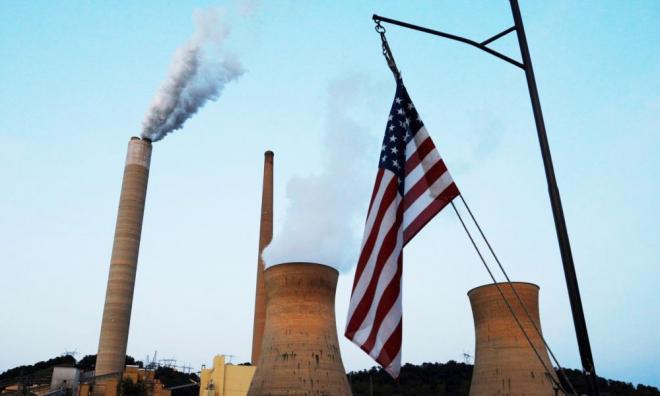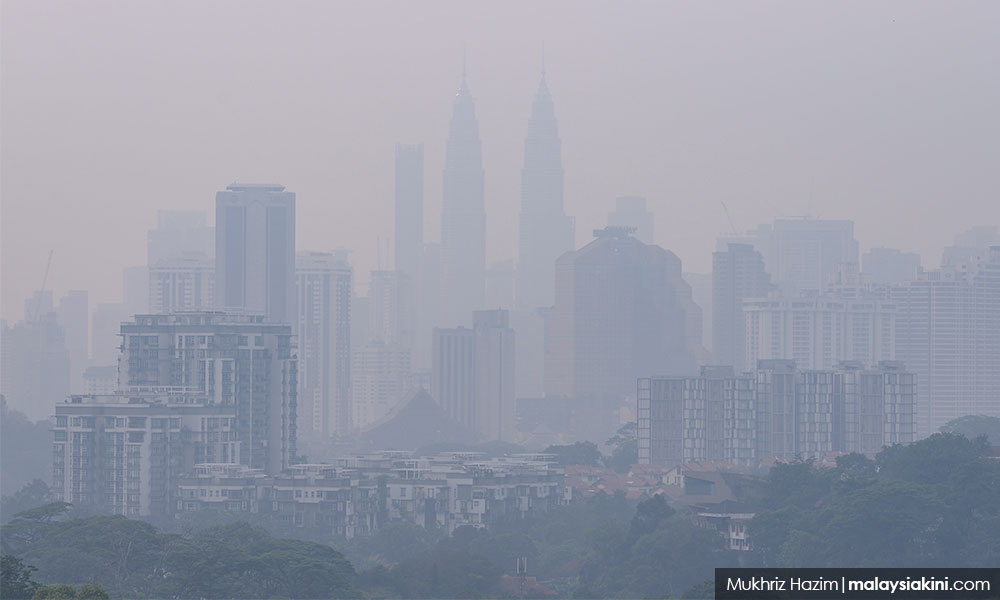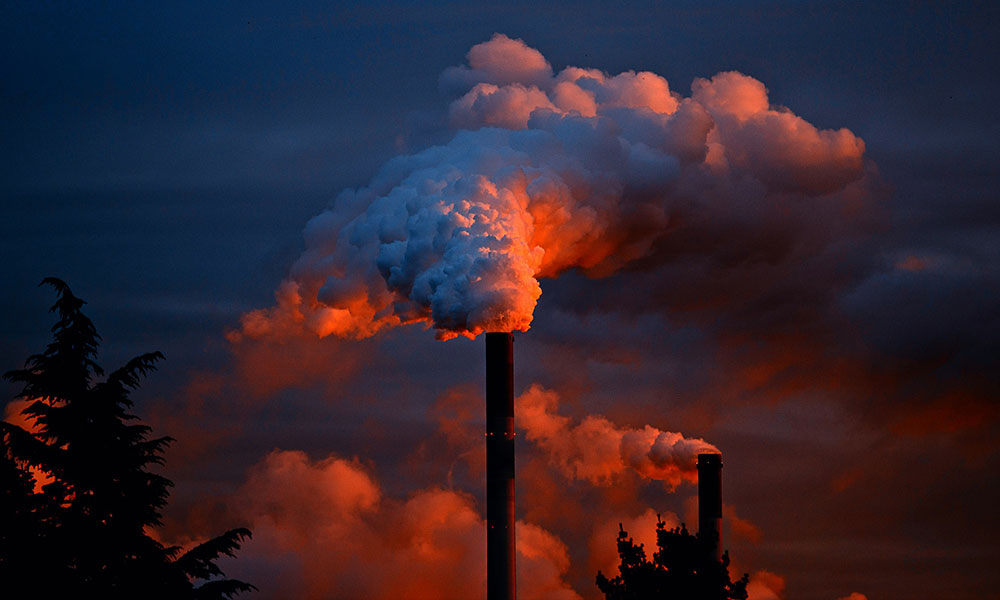
Despite people being ordered to stay at home and with the global economy grinding to a near standstill, the world’s carbon emissions are expected to dip by only up to seven percent this year.
This is according to a paper published in Nature Climate Change last night by a group of researchers based in the UK, US, Norway, France, Germany, Australia, and the Netherlands.
The group had analysed data on daily electricity usage and mobility patterns and modelled the impact of various degrees of containment measures on the carbon dioxide emissions from the power, industry, surface transport, public buildings and commerce, residential and aviation sectors.
They found that compared to the 100 million tonnes of carbon dioxide emitted globally each day prior to the Covid-19 pandemic, daily emissions have fallen by 17 percent to about 83 million tonnes per day by the first week of April.
Most of the decrease is due to a drop in emissions from the surface transportation sector, which fell by 7.5 million tonnes per day (36 percent) compared to 2019 levels. This accounts for 43 percent of the overall reduction.
This is followed by the industry sector (4.3 million tonnes per day; 19 percent), the power sector (3.3 million tonnes per day; 7.4 percent), aviation sector (1.7 million tonnes per day; 60 percent), and public buildings and commerce (0.9 million tonnes per day; 21 percent).
Carbon dioxide emissions from the residential sector saw a small increase instead, by 0.2 million tonnes per day (2.8 percent).
The study’s authors noted that the total annual change in carbon dioxide levels would depend on the duration and extent of the confinement measures implemented to curb the spread of Covid-19.
“The impact on 2020 annual emissions depends on the duration of the confinement, with a low estimate of -4 percent if pre-pandemic conditions return by mid-June, and a high estimate of -7 percent if some restrictions remain worldwide until the end of 2020.
“Government actions and economic incentives post-crisis will likely influence the global carbon dioxide emissions path for decades,” the authors said.

Last year, the UN Environment Programme had warned that the world needs to slash annual carbon dioxide emissions by 7.6 percent a year between 2020 and 2030.
This would keep limit the global increase in temperatures due to climate change to within 1.5 degrees Celsius above pre-industrial temperatures, which is the lowest, safest level set under the 2015 Paris Agreement.
The UNEP had said this is still achievable, despite the drastic emission cuts necessary.
To limit the temperature increase to within two degrees Celsius - which would still mitigate the worst effects of climate change - an annual cut of 2.7 percent would be necessary.
Malaysia pledged to cut greenhouse gas
As part of its commitments to the Paris Agreement, Malaysia had pledged to cut greenhouse gas emissions by 35 percent compared to 2005 levels on an unconditional basis, and another 10 percent if it receives funding and support from developed countries.
Meanwhile, scientists not involved in the study said the new paper underscores how deeply embedded fossil fuels have become in the modern world, and measures to curb greenhouse gas emissions would have to be specifically tailored to the task.
Some have advocated for economic stimulus packages to be aligned with emission reduction goals, such as by making investments and policies that would reduce greenhouse gas emissions.
UK’s Hadley Centre for Climate Science head of climate impacts research Richard Betts said the current drop in carbon dioxide emissions is likely the largest since the Second World War.

He compared the present situation to a bathtub that has its tap turned so that the water rises more slowly, but still poses the risk of overflowing if not stopped completely.
“It will make barely a dent in the ongoing build-up of carbon dioxide in the atmosphere. Carbon dioxide stays in the air a long time, so although emissions are smaller, they are still happening and so carbon dioxide is still building up, just a little more slowly.
“If we want to halt the build-up of carbon dioxide in the atmosphere, we need to stop putting it there altogether, not just put it there more slowly,” Betts told the UK Science Media Centre.
Imperial College London climate change lecturer Joeri Rogelj concurred that the drop would have an insignificant impact on the climate, and is just a symptom of the economic disruption that the pandemic has caused.
“Even worse, massive economic stimulus measures are now being announced and there is a high risk that short-sightedness will lead to governments losing track of the bigger picture, for example, by putting their money towards highly polluting sectors that have no place in a zero-pollution and zero-carbon society.
“Such poorly informed decisions would severely set back the transition towards a sustainable future. It is thus up to citizens worldwide to demand of their governments that they invest in climate-positive sectors in pursuit of resilient and sustainable future societies,” Rogelj said.
Edinburgh Centre for Carbon Innovation executive director Dave Reay said facing a 10-year lockdown to meet targets under the Paris Agreement is infeasible, yet climate change remains humanity’s biggest threat.
“Whether 2020 will be a brief and savage emissions dip, before a fossil-fuelled surge back to business as usual in the climate emergency is still unclear.
“What is clear is that, without a green recovery from Covid-19, the sacrifices and privations of lockdown are but a taste of the climate change impacts all humanity will face,” Reay told the SMC-UK. - Mkini



No comments:
Post a Comment
Note: Only a member of this blog may post a comment.